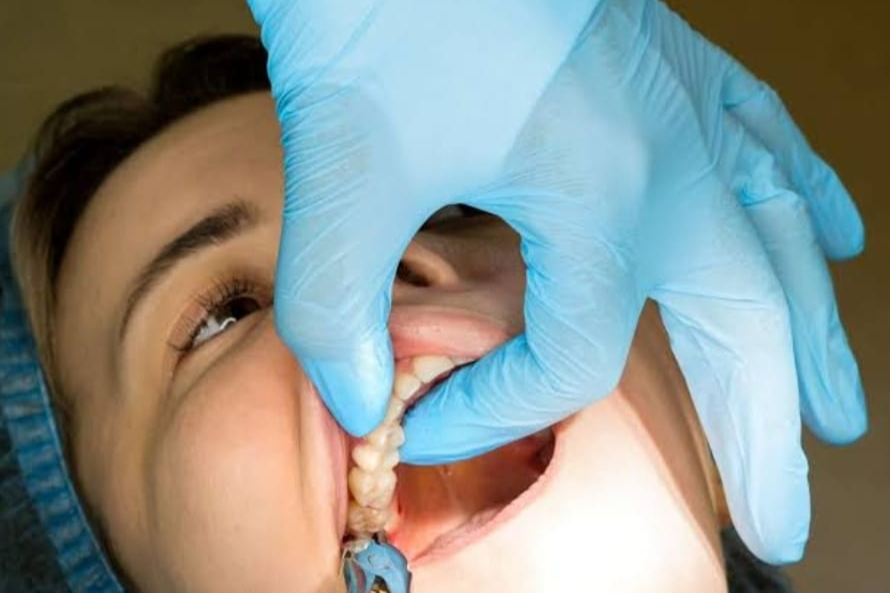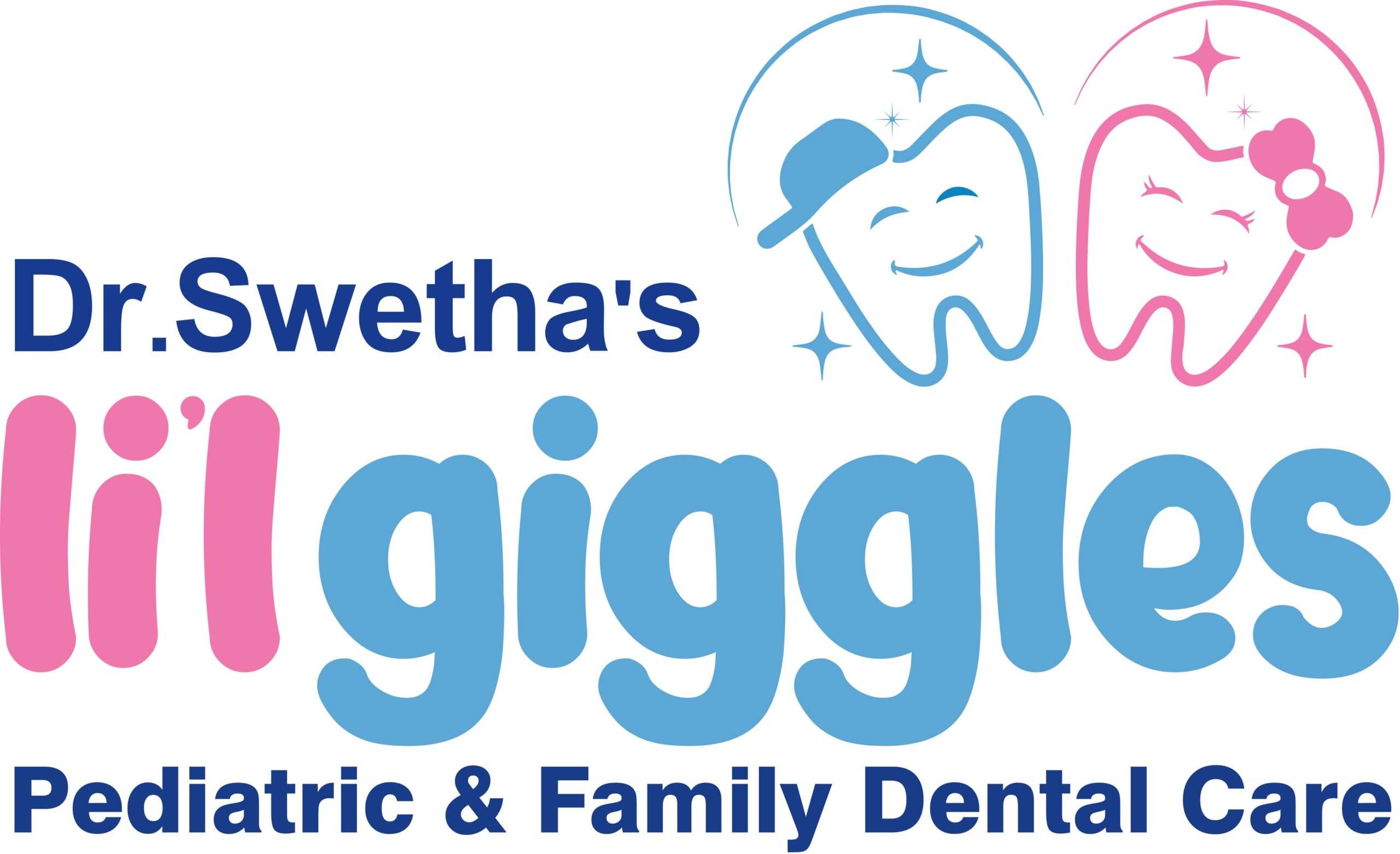Impaction

Dental Impaction at Lil Giggles Dental Clinic: What You Need to Know
Dental impaction occurs when a tooth fails to emerge properly through the gum line, often due to overcrowding or blockage. While most commonly seen with wisdom teeth, impaction can affect any tooth. At Lil Giggles Dental Clinic, we’re here to help you understand dental impaction, its causes, symptoms, and treatment options.
What Is Dental Impaction?
Dental impaction happens when a tooth is unable to fully erupt into its proper position, either because of a lack of space, an unusual growth angle, or other obstacles like cysts or developmental issues. Most commonly, wisdom teeth are impacted, but canines and other teeth can also be affected.
Causes of Dental Impaction
Several factors contribute to dental impaction, including:
- Lack of Space: Overcrowding can prevent a tooth from emerging properly.
- Misalignment: Teeth growing at odd angles may not erupt correctly.
- Genetics: Family history can play a role in tooth alignment and jaw size.
- Premature Loss of Baby Teeth: Can cause permanent teeth to shift and impact eruption.
Types of Dental Impaction
Dental impaction can occur in different forms, depending on how the tooth is positioned:
- Vertical Impaction: The tooth is blocked but positioned normally.
- Horizontal Impaction: The tooth grows sideways beneath the gum line.
- Angular Impaction: The tooth grows at an angle, pressing against neighboring teeth.
- Distal Impaction: The tooth grows toward the back of the mouth, often affecting wisdom teeth.
Symptoms of Dental Impaction
Symptoms can vary, but common signs include:
- Pain and Swelling: Especially when chewing or biting.
- Gum Infection: Bacteria can accumulate, causing infection.
- Bad Breath: Due to trapped food and bacteria.
- Misalignment: Impacted teeth can push others out of position.
- Jaw Pain and Headaches: Pain in the jaw and face.
Diagnosing Dental Impaction
To diagnose impaction, we’ll perform:
- Clinical Exam: A physical examination to assess pain and swelling.
- X-rays: Detailed scans, such as panoramic X-rays, to pinpoint the exact position of the impacted tooth.
Treatment Options for Dental Impaction
Treatment varies based on severity and symptoms. Common options include:
- Monitoring: If the tooth isn’t causing discomfort, we may simply monitor the situation with regular check-ups.
- Tooth Extraction: Often the most effective solution, especially for wisdom teeth. The tooth is carefully removed under local anesthesia.
- Surgical Exposure: In some cases, we may surgically expose the tooth to allow it to erupt properly.
- Orthodontics: For misaligned teeth, braces may be used to help reposition impacted teeth.
- Antibiotics: If an infection is present, antibiotics may be prescribed to treat the infection before further treatment.
Preventing Dental Impaction
While not all impactions can be prevented, there are ways to reduce the risk:
- Regular Check-ups: Early detection helps avoid complications, especially with wisdom teeth.
- Orthodontic Evaluation: Addressing overcrowding early can reduce the risk of impaction.
- Good Oral Hygiene: Proper care reduces the risk of infection and related complications.
When to See a Dentist
If you experience persistent pain, swelling, bad breath, or difficulty chewing, it’s important to consult with a dentist promptly. Early intervention helps prevent complications and ensures effective treatment.
Conclusion
Dental impaction can cause discomfort, infection, and alignment issues if left untreated. At Lil Giggles Dental Clinic, we offer comprehensive diagnosis and treatment options to help resolve impacted teeth and restore your oral health. If you suspect you have an impacted tooth, contact us today to schedule a consultation and discuss your treatment options!
